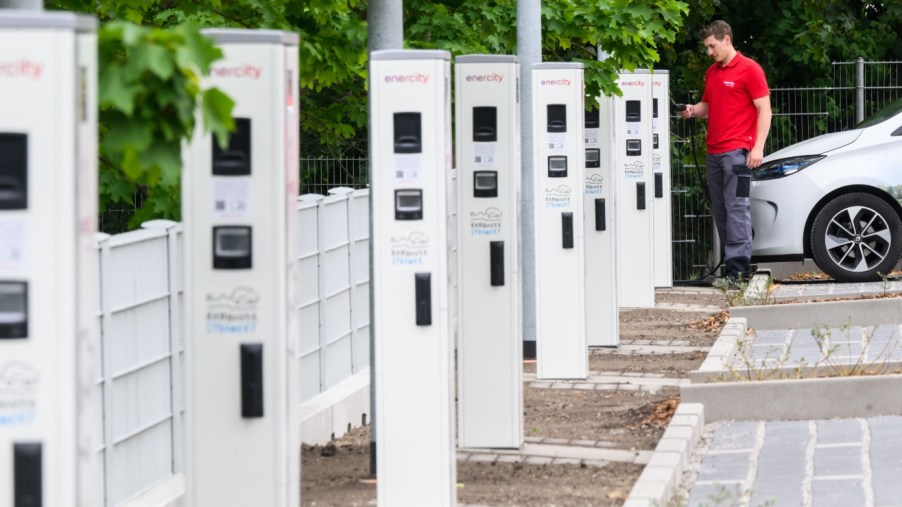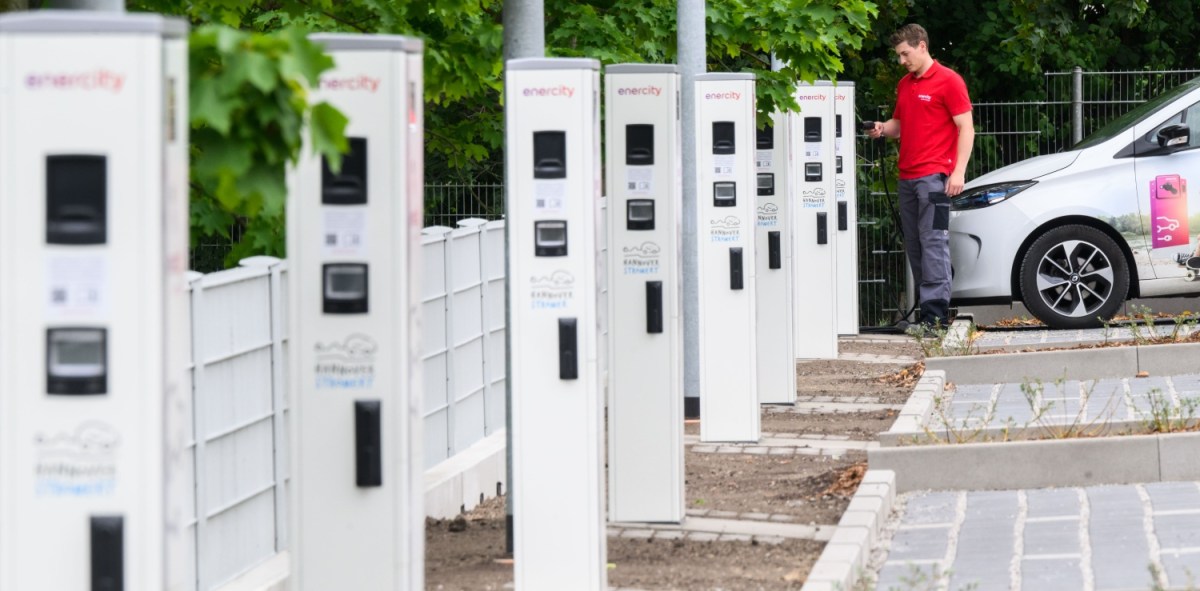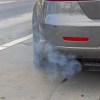
Indonesia Highlights a Looming Problem in the EV Industry
Electric vehicles are hailed by automakers and environmentalists as one of the answers to pressing environmental issues like climate change and air pollution. EVs have electric drivetrains, which result in zero carbon emissions. However, EV car batteries are made from nickel whose mining process has the potential to cause environmental harm. The clean and green image of EVs stands in stark contrast to the realities of manufacturing the batteries that power them. This is a problem the EV industry still has to face as it moves toward the future.

Nickel is an important component of electric vehicles, but mining it has a negative impact on the environment
Indonesia, the largest nickel producer in the world, has emerged as a crucial supplier for EV makers battling to get nickel in a competitive market. The country has established itself as a major player in the electric vehicle supply chain.
The benefit of using nickel in batteries is that it lowers the cost while enabling increased energy density and greater storage capacity. The Indonesian nickel industry, however, is highly carbon-intensive and environmentally harmful.
Nickel mining is linked to a number of environmental problems, including greenhouse gas emissions, habitat damage, and air, water, and soil contamination in Indonesia. This makes it difficult for EV manufacturers to control environmental, social, and governance issues in their supply chains, as outlined by Brookings.
A Chinese nickel refinery has single-handedly destroyed the ecosystem of a nickel-rich Indonesian island
The newest illustration of how the EV transition is not as environmentally friendly as people may have hoped, is the scenario in Indonesia. According to Jalopnik, a Chinese-backed nickel refinery has seized a large portion of an Indonesian island, endangering the ecosystem.
The Indonesia Morowali Industrial Park (IMIP) has caused such severe environmental damage that Kurisa, a nearby village, no longer has access to rivers for drinking water or fishing. The exhaust from the IMIP coal plant’s cooling system raises the temperature of the water, driving away the fish.
The air is contaminated with sulfur dioxide, nitrogen oxides, and coal ash, which are exceedingly dangerous to breathe in. Rest of World claims the residents of the fishing community frequently complain of respiratory issues and attribute them to the pollutants released into the atmosphere by the IMIP nickel processing facilities. The wind blows the dust into nearby homeowners’ homes leaving their houses covered in soot.
The effects of nickel extraction are also clearly visible in the landscape of several Indonesian islands, which has led to the disturbance of native habitats and of traditional ways of life for local residents who watch their lands getting destroyed. The resulting dust irritates the eyes and nose and makes people cough and have trouble breathing.
The long-term environmental impacts of the EV industry are still being calculated
The argument for EVs still stands that they assist in reducing the carbon dioxide emissions produced by internal combustion engines that operate on fossil fuels. Until the EV industry addresses the problem of its manufacturing process, people might have a hard time buying into the idea of electric cars.
The truth is we rarely see the scope of supply-chain emissions. If policymakers and automakers do not focus on this issue, they risk losing the race on emissions elimination. Better disclosure is the first step toward a better future. If we don’t know how big the problem is, we don’t have to acknowledge and correct it.
RELATED: EV Car Batteries Destroy the Environment and Violate Human Rights


